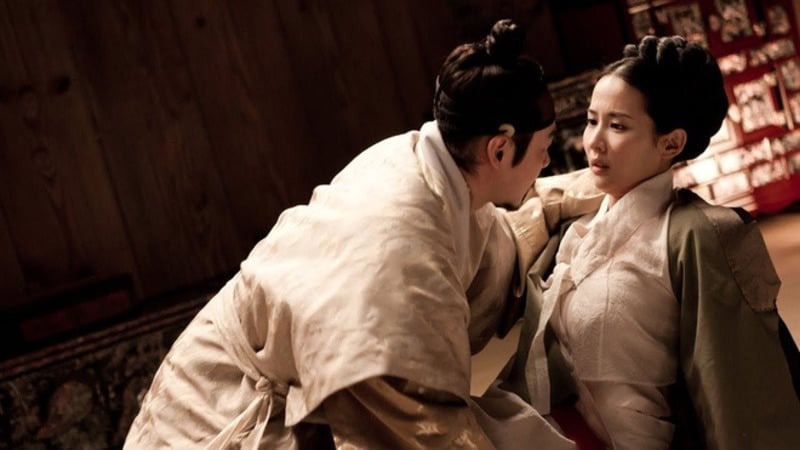Unlike women, men who experience prolonged suppression of their sexual needs often face stress, which can impact their focus and performance in activities, including on the battlefield. To address this issue, various measures have been proposed to cater to the sexual needs of soldiers.
One of the most humane approaches is to allow the wives of soldiers to visit and care for them in military operational areas. This not only boosts the morale and mental health of the soldiers but also creates a supportive and encouraging environment during challenging times.

Boosting morale: Wives of soldiers allowed to visit.
An ancient military practice, though cruel, was to satisfy soldiers’ sexual urges by capturing and violating women during the conquest of foreign lands and nations. While this approach may have addressed the soldiers’ physical needs and boosted their fighting spirit, it was extremely inhumane, leaving vulnerable and innocent women traumatized for life.
Most soldiers are in their youth or middle-aged, brimming with vitality, and it is natural for them to have physiological needs and desires. However, this can sometimes be a challenge for the military, especially when it interferes with combat effectiveness. So, what options do soldiers have when away from home for extended periods? There have been four main solutions to this age-old problem.
For high-ranking officers and generals, being part of the leadership has its perks. They often bring their families with them on campaigns, providing some relief from the pressures of war. However, this also creates logistical challenges and complications.
How did ancient soldiers manage their physiological needs?
Firstly, in ancient warfare, soldiers didn’t always have to be on the move. There were rules and rotations that allowed for periods of rest and relaxation.
During lulls in battle or when camped in one location for a prolonged period, soldiers were granted leave. Those with families could return home, while others could visit nearby towns for entertainment and to fulfill their needs.

Soldiers granted leave during lulls in battle.
Secondly, in ancient times, the military established “comfort stations” for soldiers’ recreational purposes. These stations were staffed not only by widows but also by women who had committed crimes and were serving their sentences in this capacity.
Thirdly, after conquering a city or region, soldiers were often allowed to plunder and pillage, taking not just material possessions but also people as spoils of war. This served to enrich the troops and demonstrate their power. However, it often led to the inhumane treatment and violation of women, causing outrage among the conquered populations.
Lastly, the most humane solution was to encourage soldiers to “write home.” Letter-writing not only provided an outlet for soldiers’ emotions and a way to stay connected with loved ones, but it also boosted morale without any negative consequences. This method was highly encouraged and promoted within the ranks.


































